|
As I stepped into the heart of Amritsar, I felt like I had entered a portal to another time. The air itself seemed to carry echoes of days long gone, and the city's warm embrace urged me to embark on a timeless journey. Every stride I took was a step back in history, where tales of sacrifice and the resilience of a tight-knit community came to life. But amidst these captivating chronicles, a profound message began to emerge, shedding light on the far-reaching impacts of colonial dominion and the intricate dance of power.
Amritsar welcomed me like a living time machine, transporting me to a different era with every cobblestone I trod upon. The streets whispered stories of defensiveness and self-protection, and the attire of the locals, complete with turbans and swords, spoke volumes about their cultural heritage and the profound sense of duty that coursed through their veins. At the end of each conversation, a simple phrase, "Jē maiṁ kō'ī galatī kītī hai, kirapā karakē mainū māfa kara di'ō," would grace our parting words. It translates to "If I have made any mistake, please forgive me," and it served as a constant reminder of the humility and respect that defined the people of Amritsar. Our home in Amritsar was none other than Ranjit's Svaasa, a heritage Haveli once owned by the Mehra family, renowned as the gold gilders for the iconic Golden Temple. The Haveli's corridors were adorned with photographs that seemed to hold the secrets of centuries past, while glass cabinets brimmed with artifacts that piqued our curiosity about the family's seemingly prophetic abilities. Did they foresee their own fame? Mala, the matron of the Haveli, welcomed us like cherished guests in her own home. Her warm hospitality, along with the delightful masala chai and orange marmalade, left indelible imprints on our hearts. Despite occasional challenges like limited heating in the rooms and sporadic hot water shortages due to solar power, the personalized and thoughtful nature of our stay at Ranjit's Svaasa made it agonizing to bid farewell. Our journey began at Jallianwala Bagh, a historic park that bore witness to one of India's darkest chapters. As we strolled through the garden, the echoes of the past seemed to hang in the air, and the bullet marks on the walls whispered tales of unwavering courage and sacrifice. It was a poignant reminder that history should be our guiding light, steering us away from the perils of repeating past mistakes. Our next destination was the Partition Museum, a place that paid heartfelt tribute to the countless lives forever altered by India's partition. Personal stories of separation, loss, and resilience were brought vividly to life through immersive exhibits and interactive displays, leaving us deeply moved and in contemplative silence. Venturing into the local 'pind' felt like stepping into a time capsule, far removed from the frantic pace of capitalist life. The villagers welcomed us with open arms, their genuine hospitality a stark contrast to the materialistic world we often find ourselves in. Our host, Jagroop, regaled us with stories of the Sikh community's struggles during the partition, highlighting their unwitting role as political pawns in India's complex history. It was a stark reminder of how power plays and political maneuvering can shape the destinies of ordinary people. This journey into the local 'pind' underscored the significance of forging genuine connections and the transformative power of shared stories. Our final stop was the Wagah-Attari Border, a symbolic crossroads between India and Pakistan. It stands near the Pakistani town of Wagah and the Indian town of Attari, serving as the sole road border crossing between the two nations. Here, a daily spectacle unfolds—the "Wagah Border Ceremony," a highly choreographed military display. Soldiers from the Indian Border Security Force (BSF) and the Pakistan Rangers engage in a synchronized and spirited exhibition of drill, marked by high kicks, goose-stepping, and martial gestures. The climax of the ceremony is the lowering of both nations' flags, accompanied by patriotic anthems and slogans. In my eyes, this event, typically characterized by nationalist fervor, bears the potential for a transformation. It should evolve into a symbol of peace and goodwill, fostering a positive and diplomatic atmosphere. I hold a personal belief in nurturing improved relations between India and Pakistan, advocating for the replacement of hostility with a more reconciliatory approach. Amritsar is a city where the past and present coexist harmoniously, where every corner narrates tales of triumph, sacrifice, and resilience. It's a city that instills the lesson that history must be our guide, preventing us from reliving the same mistakes. As we bid adieu to Amritsar, we carried not just memories but also a deeper appreciation for the indomitable spirit of this remarkable city and the invaluable lessons it imparted.
0 Comments
Leave a Reply. |
Categories
All
Archives
January 2024
Categories
All
|
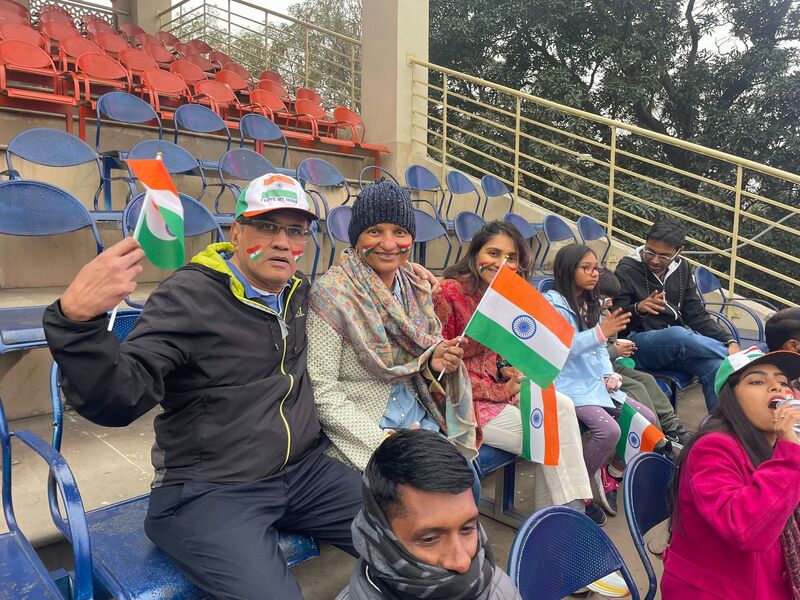
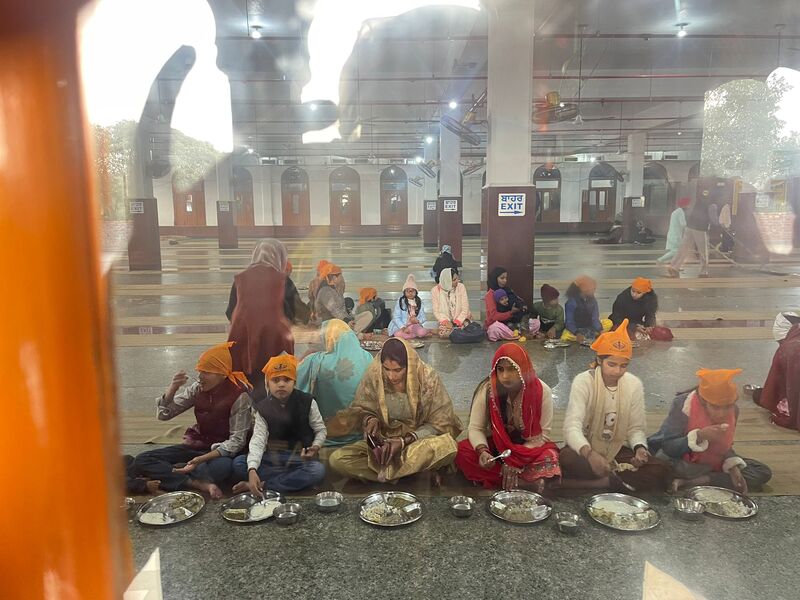

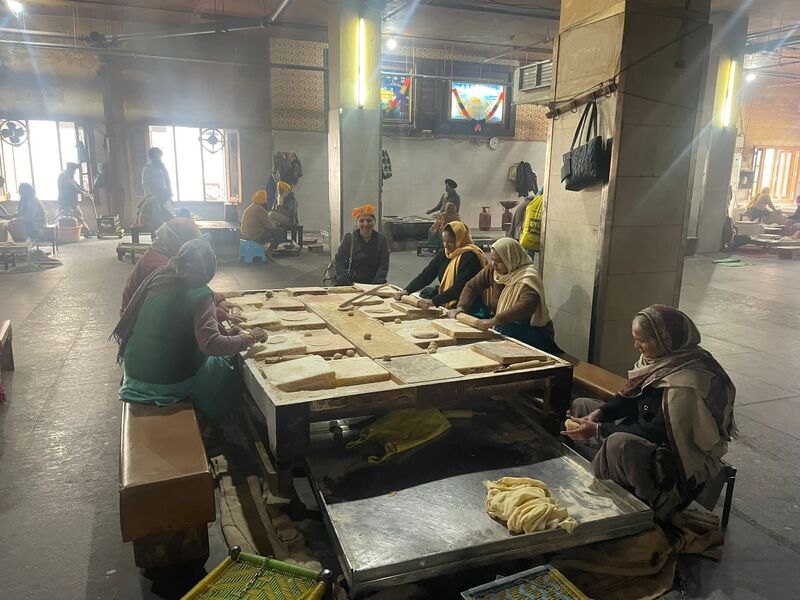
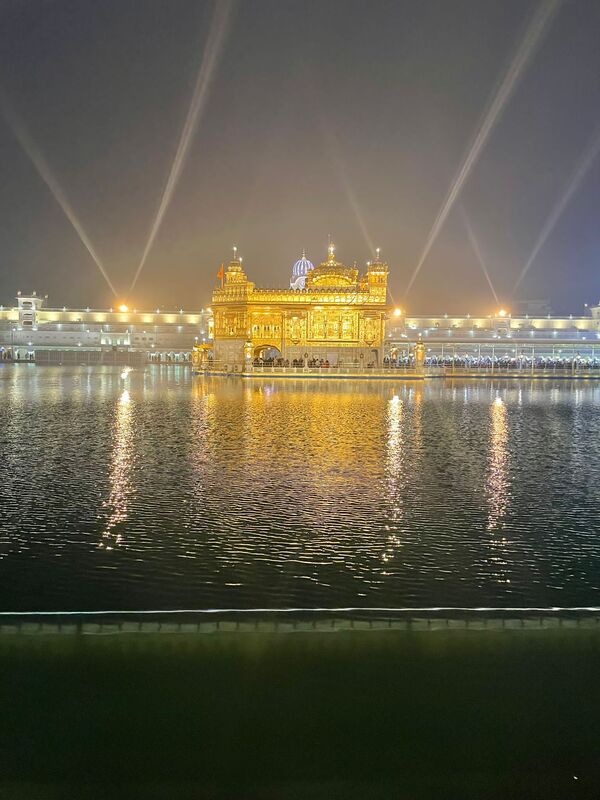
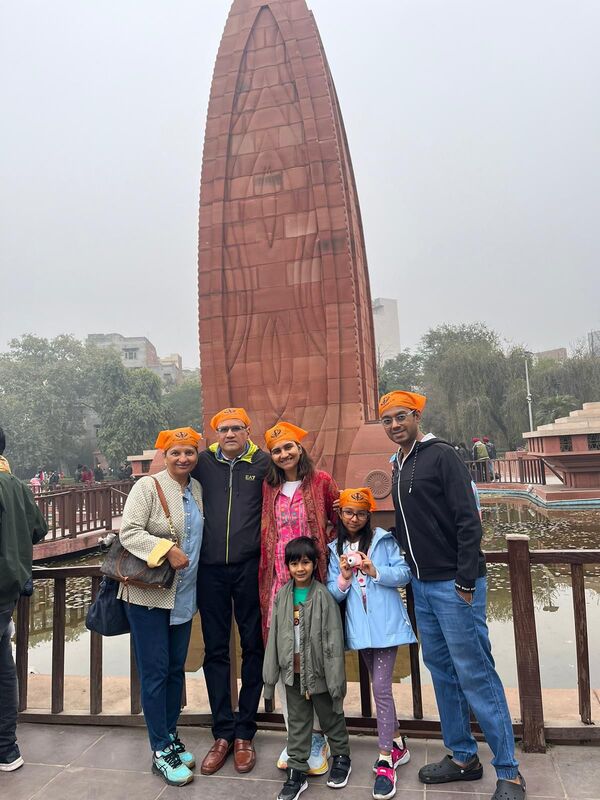
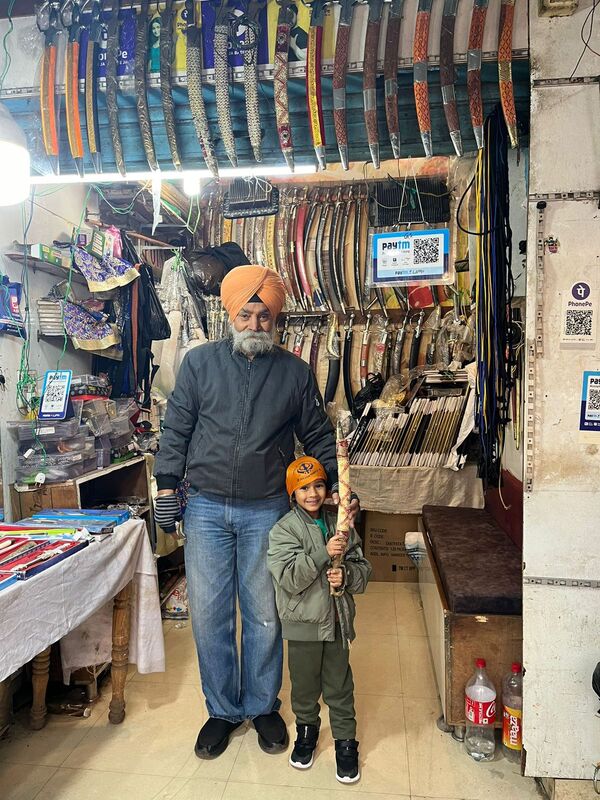
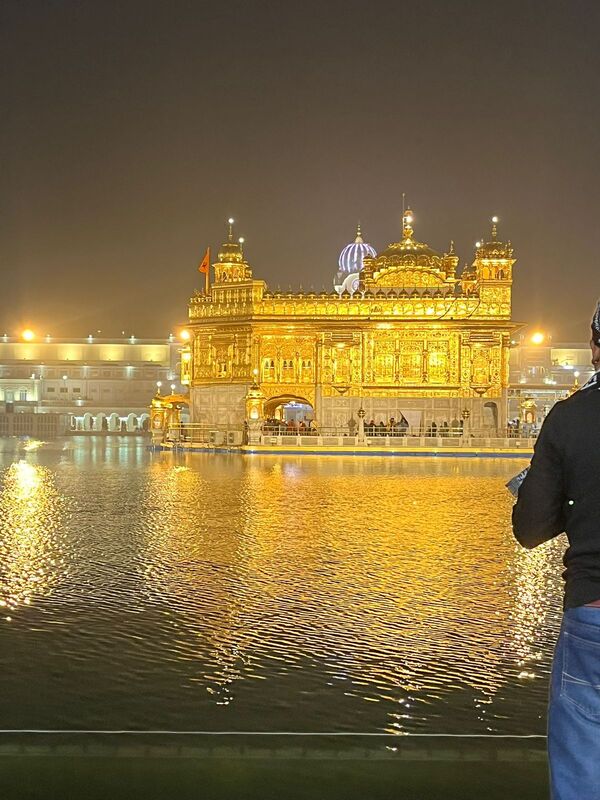
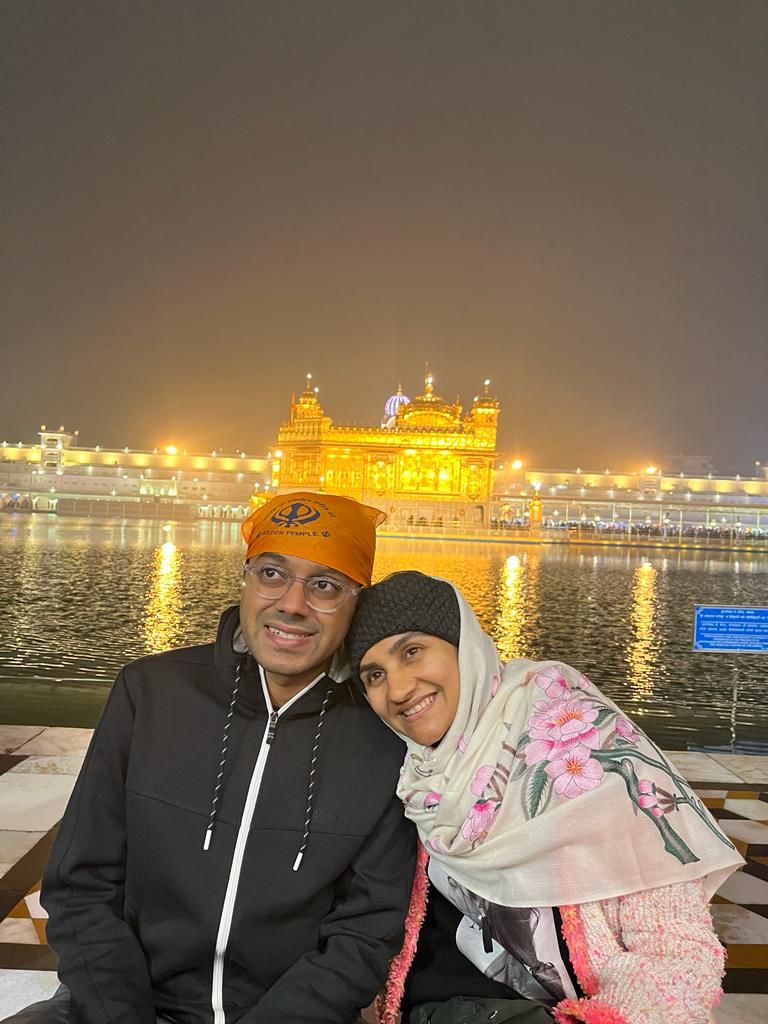
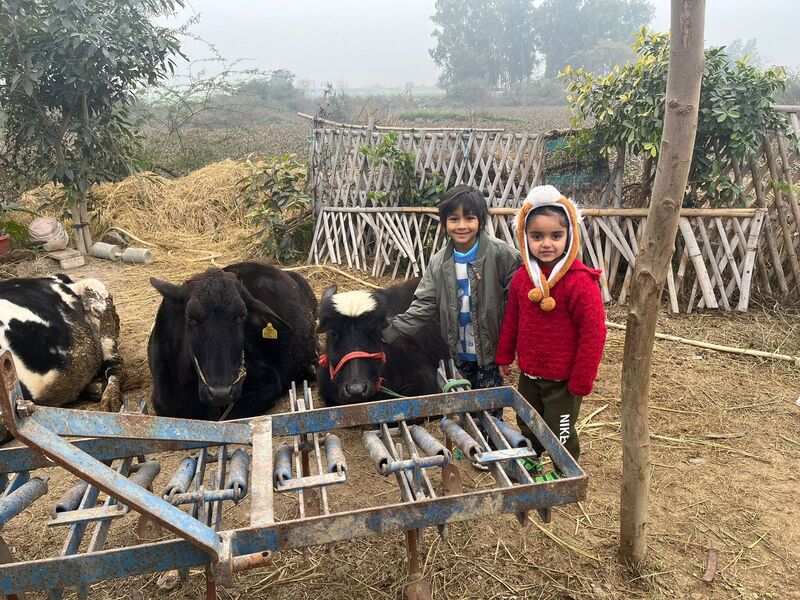
 RSS Feed
RSS Feed